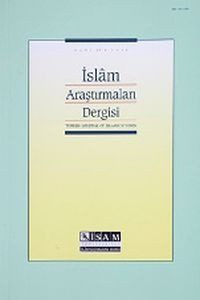Abstract
Until when Gettier published his article, “Is Justified True Belief Knowledge?”, knowledge had widely been defined as justified true belief (JTB) in Western philosophical traditions. Accordingly, knowledge consists of justification, truth and belief. The notion of the Gettier argument is that JTB is not sufficient for knowledge. The argument that Gettier proposed is the most influential attack on the JTB definition. For many epistemologists, the Gettier cases are not challengeable as a genuine counter-example to JTB. This paper tries to indicate the aspects of Gettier’s argument, which are criticizable. The Gettier problem originates from the accident or luck of justification and truth. It appears impossible to find a solution to the Gettier cases from an internalist perspective. However, we have to designate that classical epistemology does distinguish knowledge from doxa. Accordingly, the knowledge intended by Gettier is not the knowledge intended by the ancient philosophers, but doxa. Therefore, the Gettier cases are not counter-examples to the classical definition in this sense. However, we are aware that it is very difficult to arrive at conclusive reasons in every state, and such a notion would be too restrictive.
Keywords
References
- Gettier, Edmund L. , “Is Justified True Belief Knowledge”, Analysis , 23, 1963.
Abstract
References
- Gettier, Edmund L. , “Is Justified True Belief Knowledge”, Analysis , 23, 1963.
Details
| Primary Language | English |
|---|---|
| Subjects | Religious Studies |
| Journal Section | Makaleler |
| Authors | |
| Publication Date | January 1, 2008 |
| Published in Issue | Year 2008 Issue: 19 |

